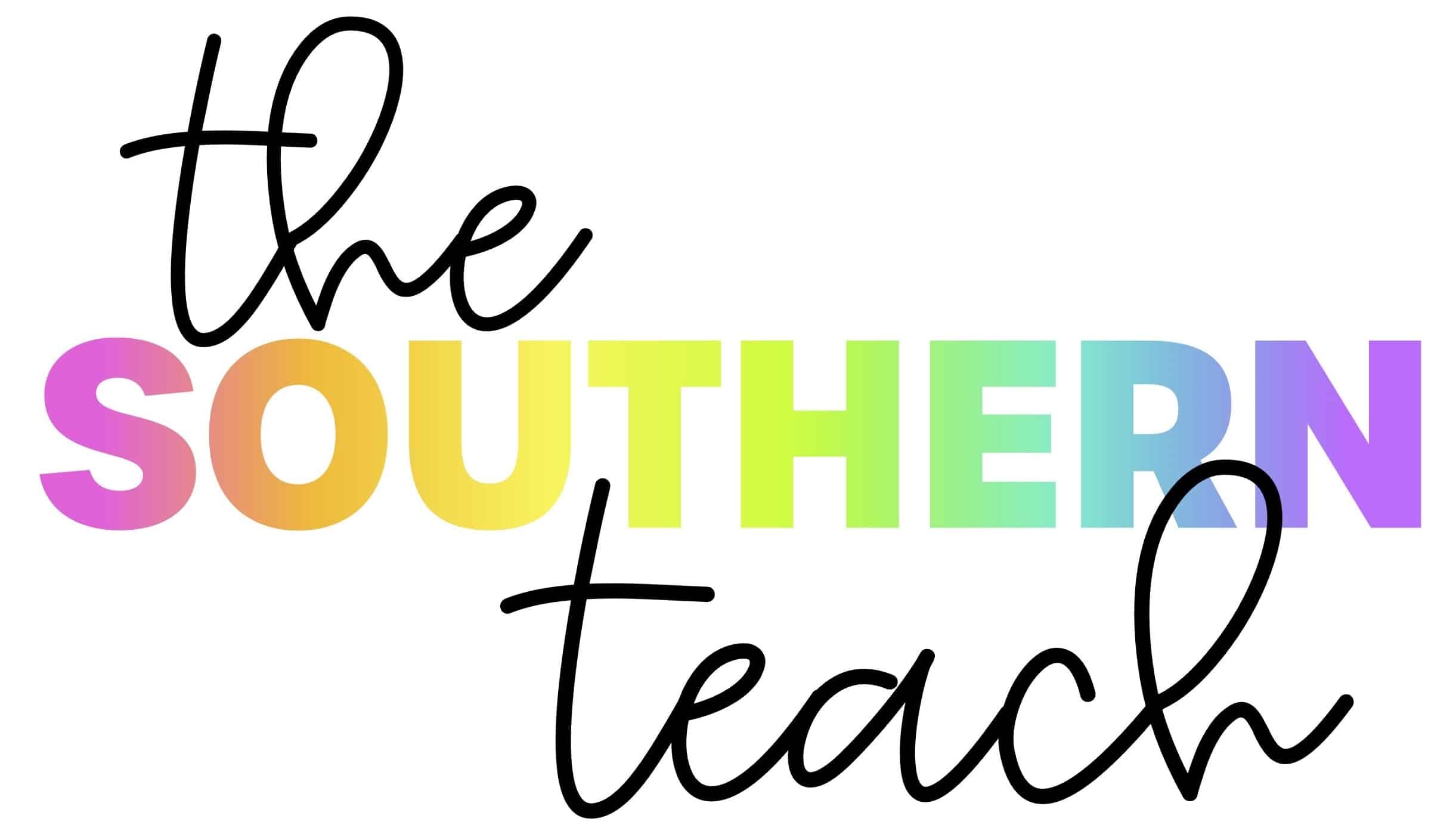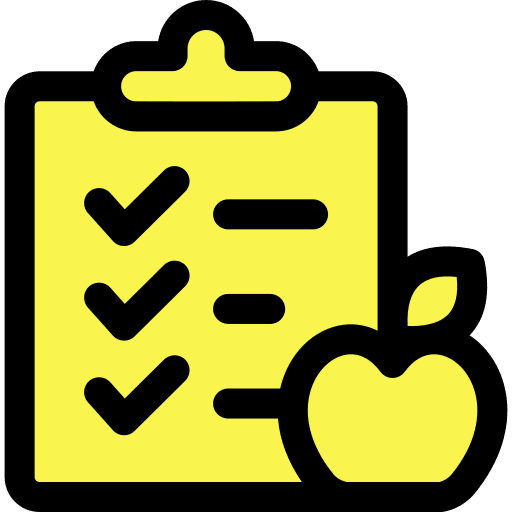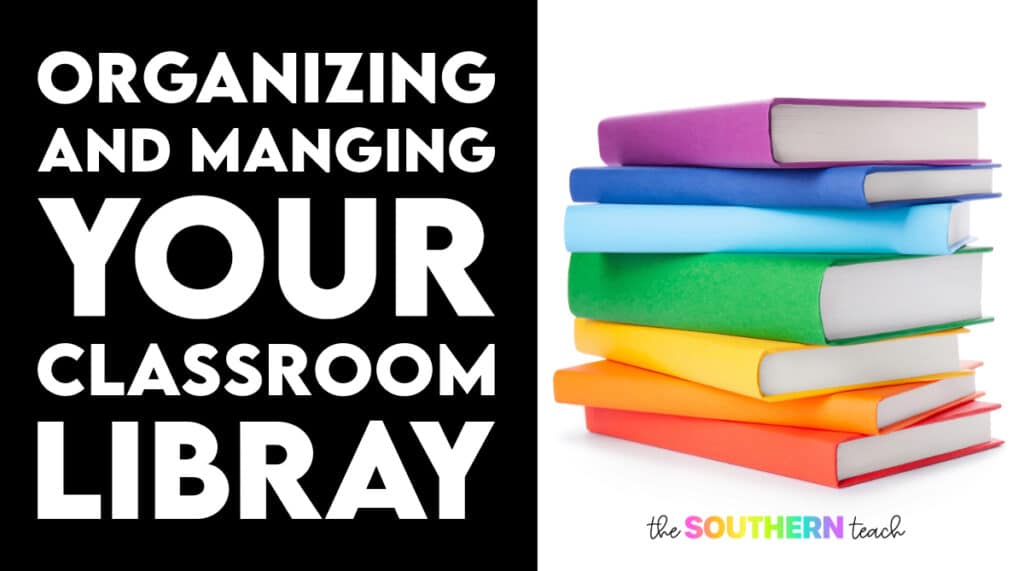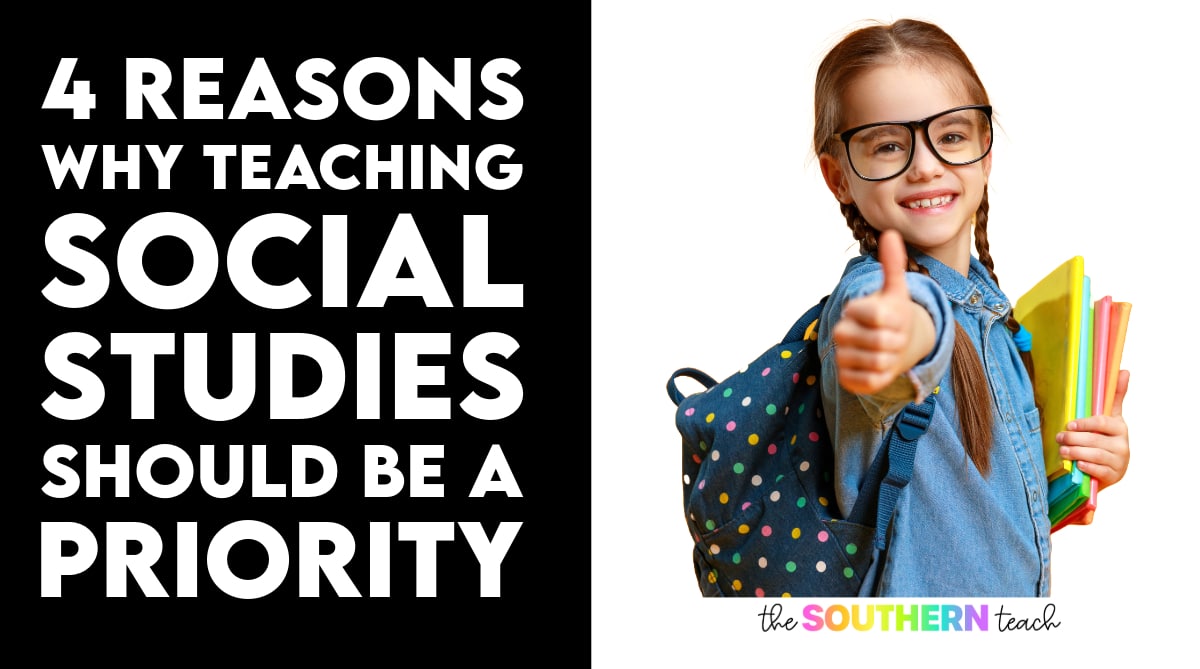
4 Reasons Why Teaching Social Studies Should be a Priority in the Classroom
By Kirsten Hammond
Share This Post:
Teaching social studies is more than just memorizing facts and dates. I’m going to be sharing with you four reasons why it should be a priority in your classroom and how it can benefit your students.
As we know, social studies is often overshadowed by other subjects, but it’s still important for students to have a foundation in this subject. So let’s dive deeper into why teaching social studies should be a priority for teachers and students alike.

Improved Reading Ability
Studies have shown that increased instructional time in social studies is associated with improved reading ability. This is because social studies instruction creates opportunities for students to read and analyze challenging texts and primary sources, which would be a task that wouldn’t really be emphasized in other subjects.
By prioritizing social studies instruction, you can help your students become stronger readers, which will not only help them succeed in other subject areas, but also in the future!

Develops Critical Thinking Skills
A second reason why teaching social studies should be a priority is that it helps students develop critical thinking skills.
When studying history, geography, government, and economics, students are always encouraged to evaluate and analyze and interpret a variety of sources of information. This could be a historical picture or a song written in a certain time period.
Social studies also teaches students to question assumptions and develop their own opinions, providing them with the skills necessary to become informed citizens.
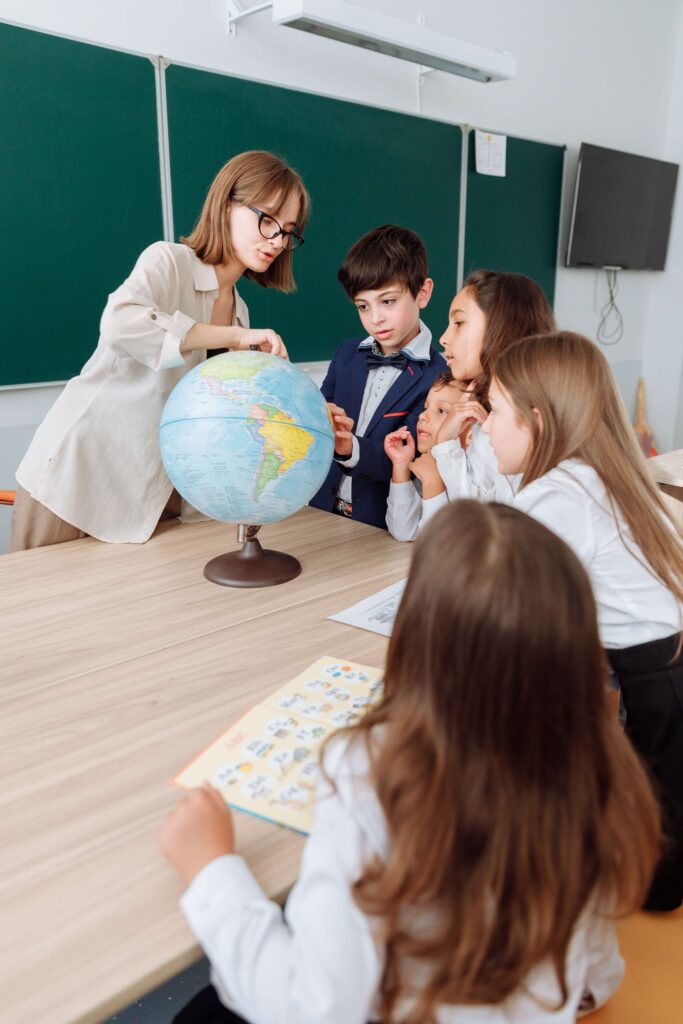
Helps Students Understand and Appreciate Diversity
The third reason teaching social studies should be a priority is that it helps students understand and appreciate diversity.
Social studies education helps students understand and appreciate diversity in all its forms.
By learning about different cultures and religions and perspectives, students can develop empathy and respect for others. They also learn how to recognize and challenge stereotypes and biases, which is important for creating a more inclusive and equitable society. In today’s world, these skills are more important than ever before.

Promotes Civic Engagement and Active Citizenship
The fourth reason is that teaching social studies promotes civic engagement and active citizenship. This can include ways to be a part of the community, electing officials, writing letters to local and state leaders, and just actively being a part of the community in a positive way.
Social studies education goes beyond teaching students about history and geography. It also teaches about their rights and responsibilities as citizens and how they can actively participate in their communities and society as a whole.
By learning about government structures, political processes, and social issues, students are better equipped to engage in informed and meaningful civic action as early as upper elementary and all throughout their adulthood. This not only benefits the individual student, but it also contributes to a more engaged and active society in our future.
Making Social Studies a Priority
I know that teaching social studies can be difficult in upper elementary because of other heavily emphasized subjects like math and reading. But social studies skills can be integrated into your daily routines and activities or through very short focused lessons.
Social studies is such an important subject that should not be overlooked and pushed to the side. It can have some significant impact on a child’s academic and personal growth and will prepare them to be well-rounded and engaged citizens.
So, let’s make teaching social studies a priority for the upcoming school year – I promise, it’ll be worth it!
If you’re looking for extra support, I have a free resource that I think you’ll love. These are guided notes that are a sample from my upcoming social studies membership.
kirsten hammond
Kirsten is a former 3rd and 5th grade teacher who loves helping upper elementary teachers by creating resources and sharing ideas that are engaging, research-based, and TEKS-aligned. She is a work-from-home mama of 3 rambunctious little ones and loves running, true crime, and lots of coffee.
